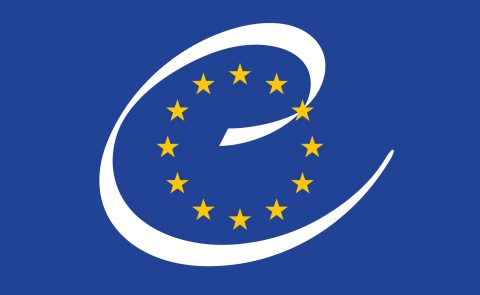
Shalva Papuashvili Criticizes EU for Misusing Funds, Warns of Continued Harm to Georgia’s Democracy
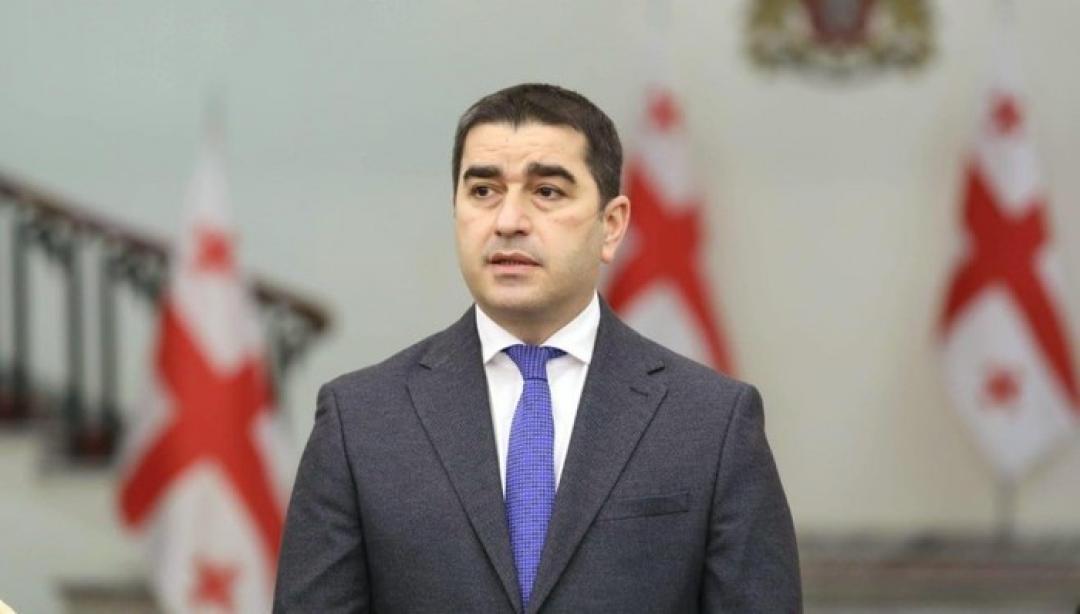
On April 29, Shalva Papuashvili, Speaker of the Georgian Parliament, criticized Brussels for failing to improve relations with Tbilisi and accused the European Union of financing activities detrimental to Georgia through its budget.
In his statement, Papuashvili responded to remarks by European Commissioner Marta Kos, who indicated that Brussels was considering freezing Georgia’s EU candidate status and revising the trade agreement due to concerns over a “democratic rollback,” though acting cautiously due to internal EU disagreements over potential sanctions. Papuashvili stressed that Brussels knew the steps needed to enhance relations with Georgia, stating, “It is essential that violence, propaganda, hate speech, and election interference in Georgia are not funded by the EU budget. We await appropriate measures.”
Papuashvili further asserted that Brussels was sidestepping the root issues in bilateral relations and noted that, following the new U.S. administration’s condemnation of foreign aid misuse, similar scrutiny was expected from the EU. He claimed that harmful EU-funded activities in Georgia included supporting radical parties, propaganda media, and individuals promoting hatred under the guise of NGO activism, citing an alleged EU-funded “Molotov cocktail campaign” as an example.
Papuashvili reiterated Georgia’s historical contributions to European civilization, emphasizing that the Georgian people have been co-authors of Europe’s democratic traditions since the First Republic. He accused Brussels of ignoring legitimate concerns of the Georgian public, stating, “We see that Brussels hides from the problems rather than confronting them, as the new U.S. administration has done.”
He warned that without decisive action from Brussels, these harmful practices would continue to damage the EU’s reputation, including among the Georgian people.
See Also

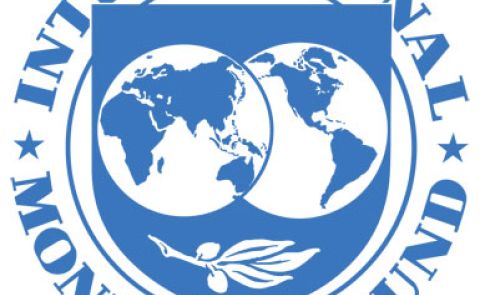
IMF Predicts Rising Strategic Reserves, GDP Growth, and Inflation Stabilization for Azerbaijan by 2030
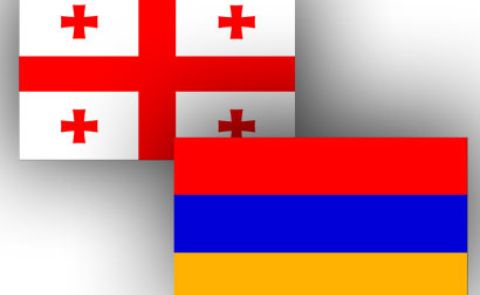
Armenian Officials and Georgian President Discuss Strategic Cooperation, Peace Efforts, and Regional Stability in Yerevan
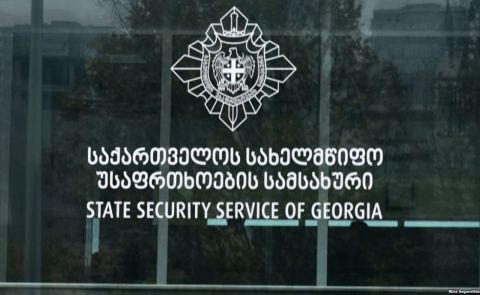
State Security Service of Georgia Identifies Occupation and Annexation as Primary National Security Challenge in 2024
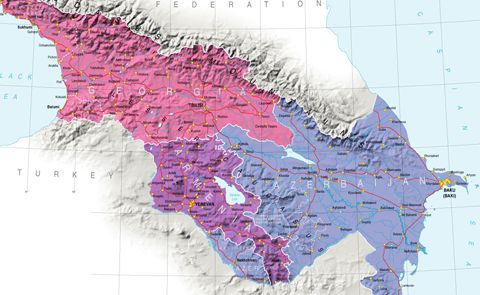
Pezeshkian Discusses Trade, University Collaboration, Cultural Ties, and Mutual Travel with Azerbaijan

